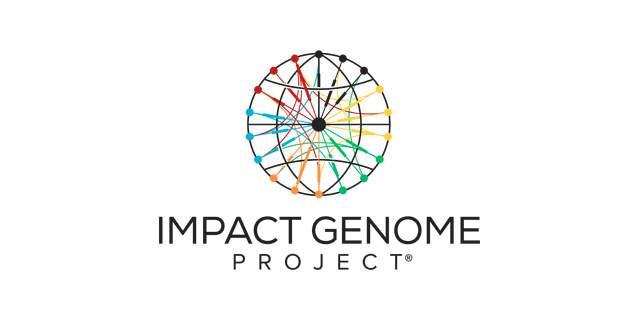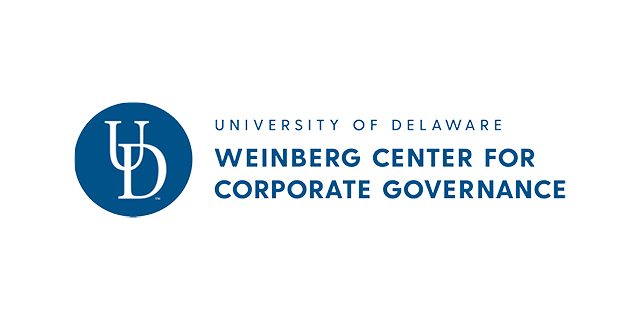-
Email
Linkedin
Facebook
Twitter
Copy Link

Loading...
Earlier this year, we published a groundbreaking report on corporate political activity in the wake of the January 6th riot, and we have another Chatham House roundtable on this subject exclusively for ESG Center members coming up.
This blog post focuses on shareholder proposals during the 2021 proxy season on three subjects: (1) political contributions, which traditionally seek disclosure of campaign financing policies and practices, but increasingly ask companies to explain how political expenditures align with their corporate values and policies—apart from their climate-related statements; (2) traditional lobbying, which typically ask for disclosure on companies’ lobbying policies and practices; and (3) climate-related lobbying, a fairly new topic asking companies to explain how their lobbying efforts align with the Paris Climate Agreement.
We’re tracking and reporting on these – and other – shareholder voting trends at Russell 3000 firms in partnership with ESG data analytics firm ESGAUGE, leadership advisory and search firm Russell Reynolds Associates, and Rutgers University’s Center for Corporate Law and Governance.
Here are some of the key observations on corporate political activity proposals in 2021:
What does it mean for 2022?
Political contributions: Expect the volume of proposals on political contributions submitted to a vote to continue to decline, as companies are ramping up disclosures on their political contributions and were able to negotiate a withdrawal of more than 80% of these proposals earlier this year.
Traditional lobbying: This will likely remain an area of tension between companies and shareholder proposal proponents, especially for those companies whose lobbying efforts are in contrast with their positions on broader E&S issues.
Climate-related lobbying: Anticipate a sustained push on this topic, given the high level of support for these proposals. We expect such proposals, however, will largely continue to target companies in the energy, utilities, and industrials sectors.
To prepare for shareholder proposals on these issues, CEOs and their boards can take concrete steps, including (1) increasing board oversight – not only of their corporate contributions but also of their lobbying activities, (2) expanding disclosure to investors and other stakeholders regarding their firm's types of political activity and the policies and controls in place, and (3) aligning political activity with corporate values and vetting all political activity to ensure public policy positions are aligned with broader corporate citizenship positions. These steps may not prevent shareholder proposals, but they will put companies in a better position in dealing with them.
If you’d like to drill down on this year’s vote results, you can sign up for a demo of the ESG Advantage Shareholder Voting Screening Tool. It lets you generate customized reports on shareholder and management proposals based on topic, proponent, outcome, and company from 2018 through the current proxy season in the full Russell 3000. Best of all, with a single click, you can see the text of the proposal and the vote results — no need to navigate multiple filings or databases.
80 Years of Corporate Citizenship & Philanthropy Leadership
November 27, 2023
How CEOs and Boards Can Enhance Digital Trust
April 04, 2023
Reaching Net-Zero Emissions
January 31, 2023
First 2022 Racial Equity Audit Proposals Successful
March 22, 2022
IN THE NEWS
This Proxy Season, Shareholder Activism Is on the Rise
February 06, 2023
IN THE NEWS
2022 Proxy Season: Shareholder Voting Trends
February 17, 2022


